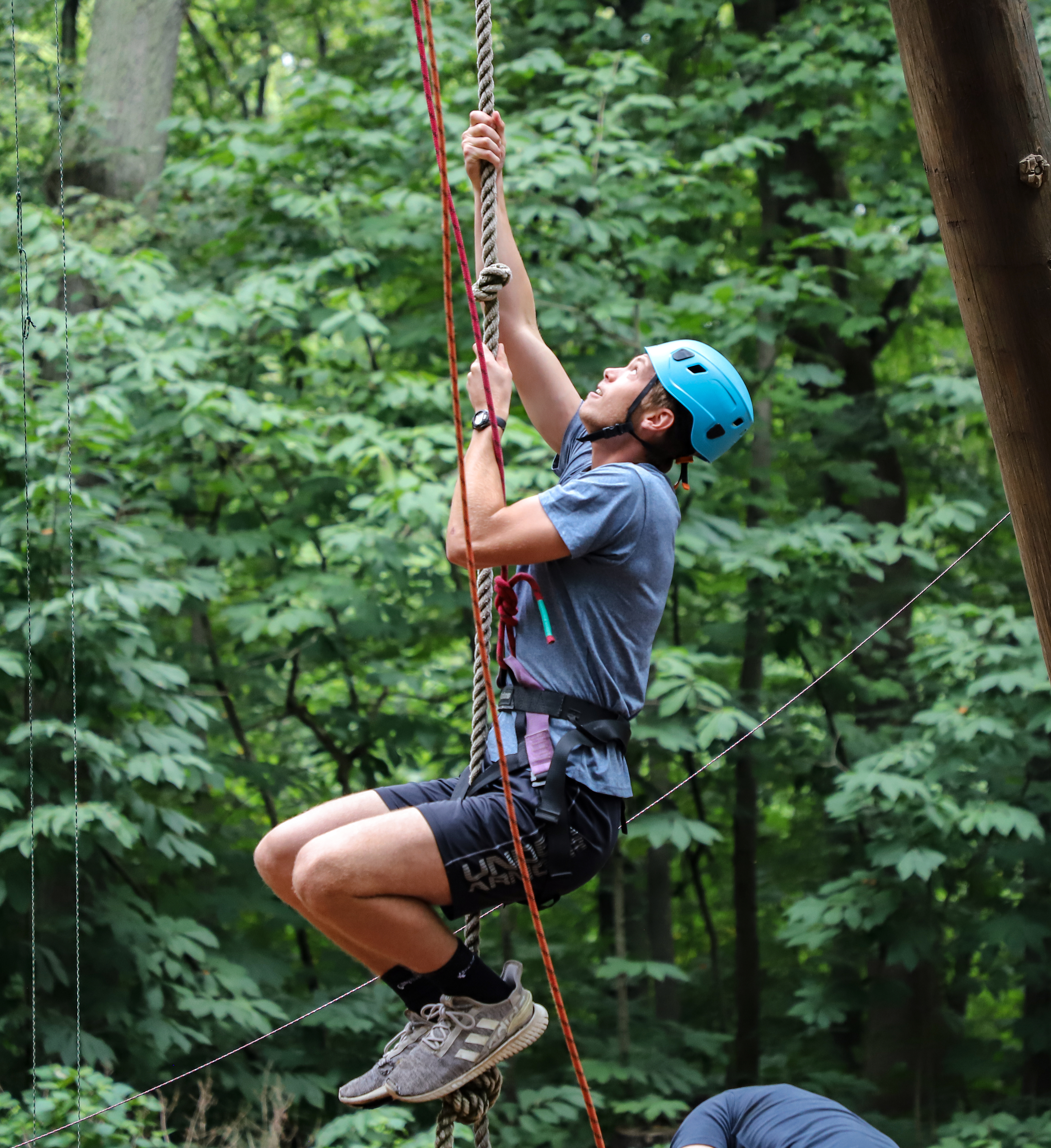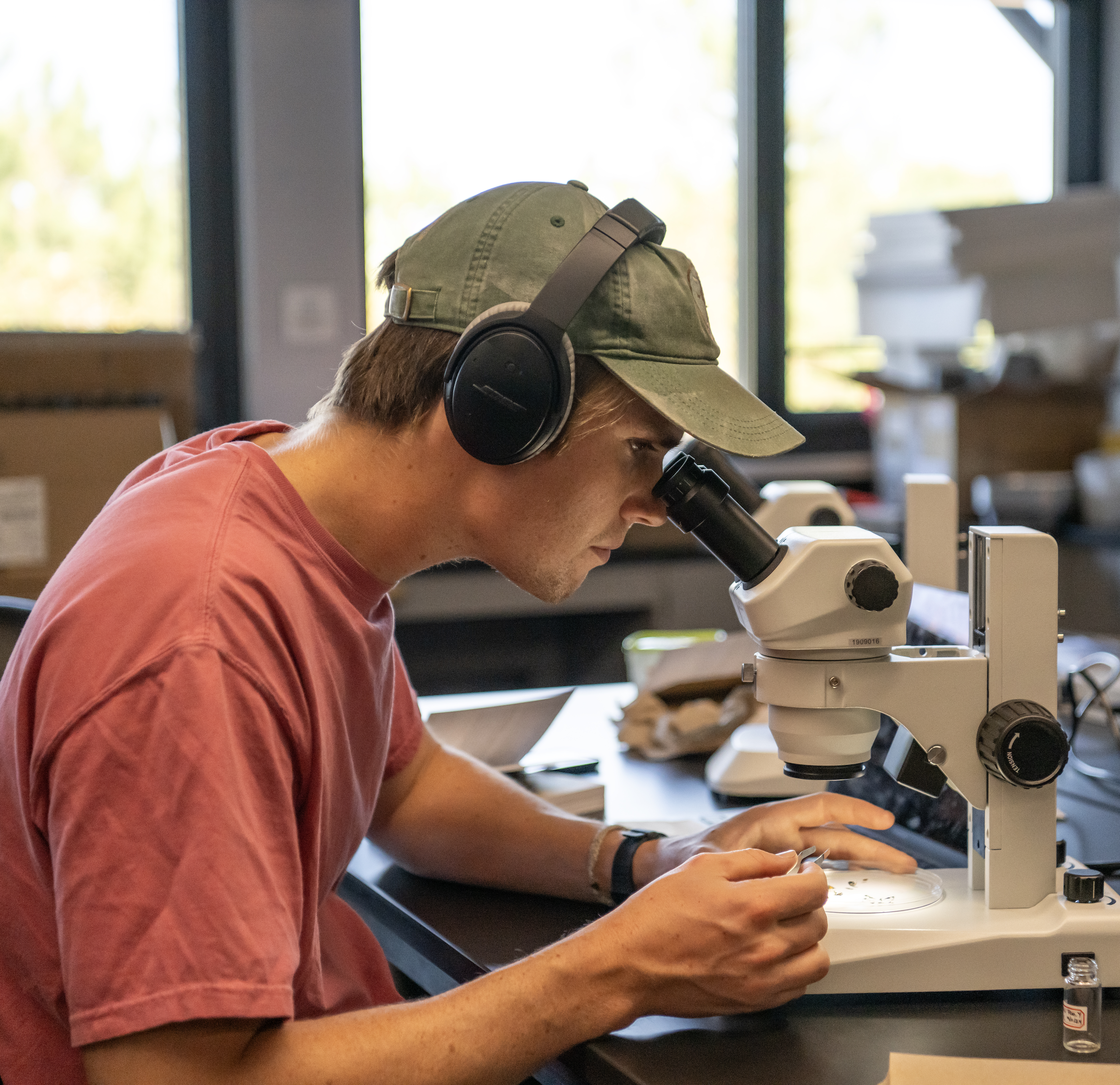Chesapeake Regional Studies
 The Chesapeake Bay region, home to farms and waterways, history and culture, people
and their environmental concerns, is a learning laboratory for Washington College
students. The Environmental Studies minor prepares you to critically analyze and investigate
solutions to regional and global environmental issues. If you don’t have the time
or ability in your schedule to pursue the full environmental studies major, but still
want your transcript to reflect your interest in and dedication to taking courses
in environmental studies, the minor is for you.
The Chesapeake Bay region, home to farms and waterways, history and culture, people
and their environmental concerns, is a learning laboratory for Washington College
students. The Environmental Studies minor prepares you to critically analyze and investigate
solutions to regional and global environmental issues. If you don’t have the time
or ability in your schedule to pursue the full environmental studies major, but still
want your transcript to reflect your interest in and dedication to taking courses
in environmental studies, the minor is for you.
Environmental studies is the overlap of humans and the natural sphere with a focus
on human interaction. It gives a holistic approach to the study of the environment.
Courses are taught by faculty across campus so you can see the wide application of
environmental studies. Whether you’re interested in taking water and soil samples,
pursuing a career relating to the environment, or want to better understand the connections
between humans and the world around them, you can cater your coursework to reflect
your interests within the minor.
 Study the interaction of the human world and the natural world by solving environmental
problems or through their day-to-day interactions. Learn foundational skills and select
courses that interest you with hands-on laboratory analysis, critical thinking, and
data analysis skills.
Study the interaction of the human world and the natural world by solving environmental
problems or through their day-to-day interactions. Learn foundational skills and select
courses that interest you with hands-on laboratory analysis, critical thinking, and
data analysis skills.
Utilize the River and Field Campus (RAFC) to conduct bird banding, stream sampling and more on a 5,000-acre living laboratory that incorporates 2.5 miles of Chester River waterfront, meadows, hardwood forests, ponds, grasslands, marches and riverine habitat. Work with faculty on their research through several funded opportunities. Participate in a short-term study abroad program hosted by department faculty.